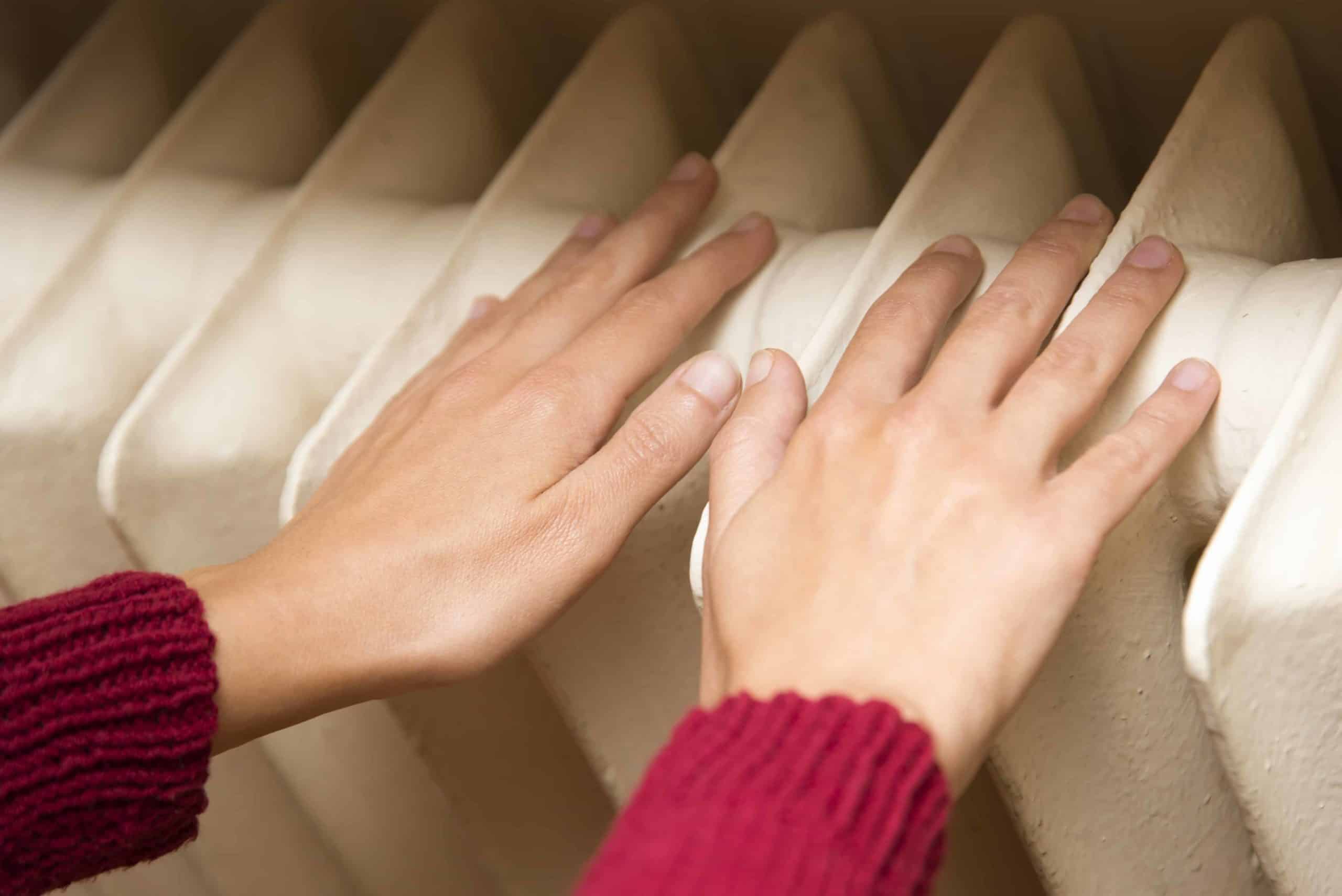The inspectors described failings and issues in their report highlighting the home “requires improvement” overall.
“We found bedroom radiators were uncovered and could be rolled onto or lent against which could burn or scald the person” inspectors noted.
The CQC Inspectors criticised the leadership of the care home “for not monitoring, assessing and mitigating the risks relating to health and safety and people’s individual risks” despite having safety audits in place.
Following the inspection, the care home and its owners had to progress to installing covers on all the radiators.
Most standard steel panel radiators can reach surface temperatures of 75°c – hot enough to cause serious burns in seconds – and 32°c higher than the HSE recommended 43°c accessible surface temperature.
When it comes to vulnerable adults, the risk of radiator burns is much more common due to factors contributing to the likelihood of radiator burns occurring as well as the severity of the burns such as:
- Lack of Mobility: Will the resident be able to quickly move away from a hot surface in the case of a fall?
- Sensitivity to Temperature: Will the resident be able to recognise if they are touching a heated surface?
- Mental Capacity: Will the resident be able to recognise or react to a heated surface?
We’re taking a look at some recent reports of serious radiator burns from 2019 to highlight the dangers of radiator and heater burns and the importance of ensuring your residents are safeguarded to prevent accidents from happening.
A vulnerable woman who had suffered a stroke was being cared for in her own home was left with nine burns on her thigh after she was left too close to a hot radiator.
The woman who had limited feeling in her right side and difficult talking following a stroke was left with nine burns up to 12.5cm long and 2cm wide after she was left on a commode next to a hot radiator whilst being cared for.
Following the incident, the woman received hospital treatment but her wounds became infected. She has since been unable to return to her home and now lives in a permanent care home.
The local authority who managed the carers provided has been ordered to pay the woman £5,000 in compensation.
A 25-year-old woman was left with agonising third-degree burns after she collapsed onto a boiling radiator for 20 minutes following an epileptic fit.
The woman had landed with her right bum cheek against the radiator which had seared her skin as she lay unconscious.
By the time she was found, her clothes had melted into her skin.
Following the incident, the woman was forced to undergo two skin grafts after the first graft became infected.
She has now been left with a 20cm-wide scar as well as undergoing counselling due to horror flashbacks of the incident.
According to the HSE, more than 200 nursing and care home residents suffer severe burns each year. The risk of burns from radiators can easily be prevented with the simple installation of a radiator cover.
Radiator and Heater Guard by Cardea
The Radiator Guard is designed to offer a simple solution for care homes to safeguard their radiators and heaters and eliminate the risk of serious surface burns. The benefits are:
- HSE Guidelines: Conforms to the latest guidelines for managing risks from hot surfaces in health care environments.
- Heat Circulation: Unlike traditional radiator covers, our mesh guard design allows heat to flow freely around the room to minimise heat loss.
- Easy Maintenance: The ‘Hook-Mounted’ design allows for easy removal for routine cleaning and maintenance.
- Bespoke Design: Can be tailored to suit your needs, including additional flaps and valve costs.
If you would like to find out more about radiator guards for Care Homes, please do not hesitate to contact us on 0161 413 0766l or get a free instant quote now.


